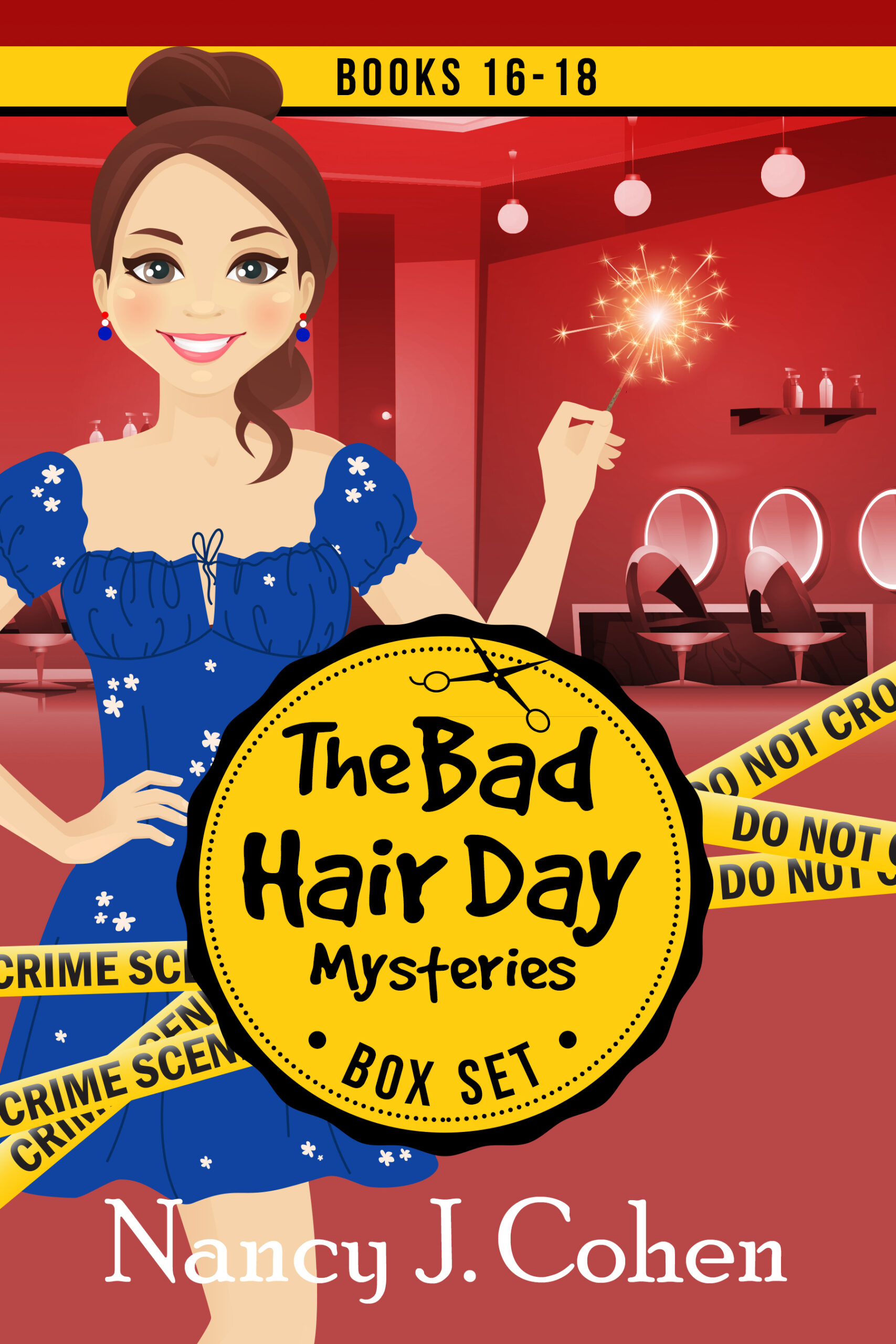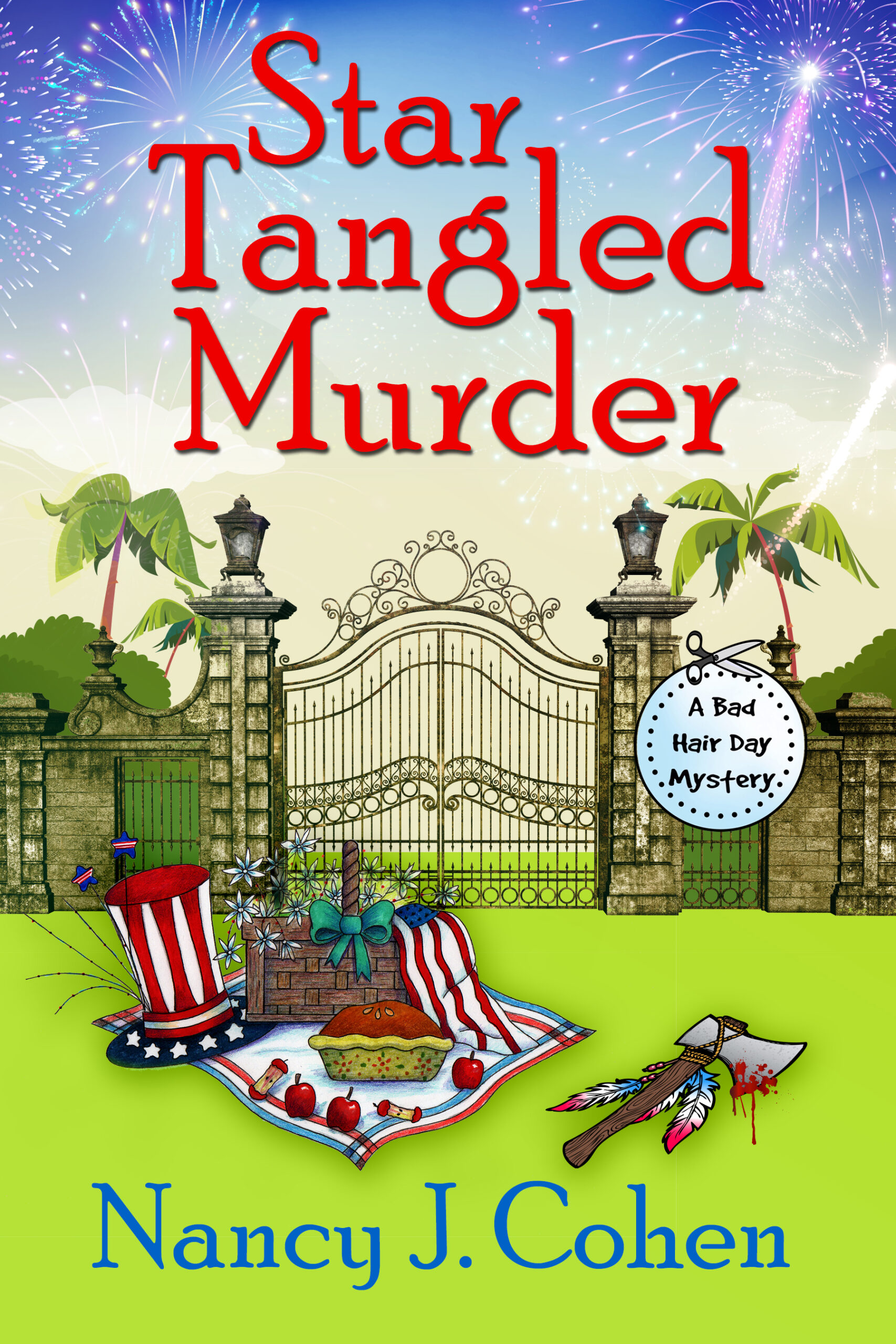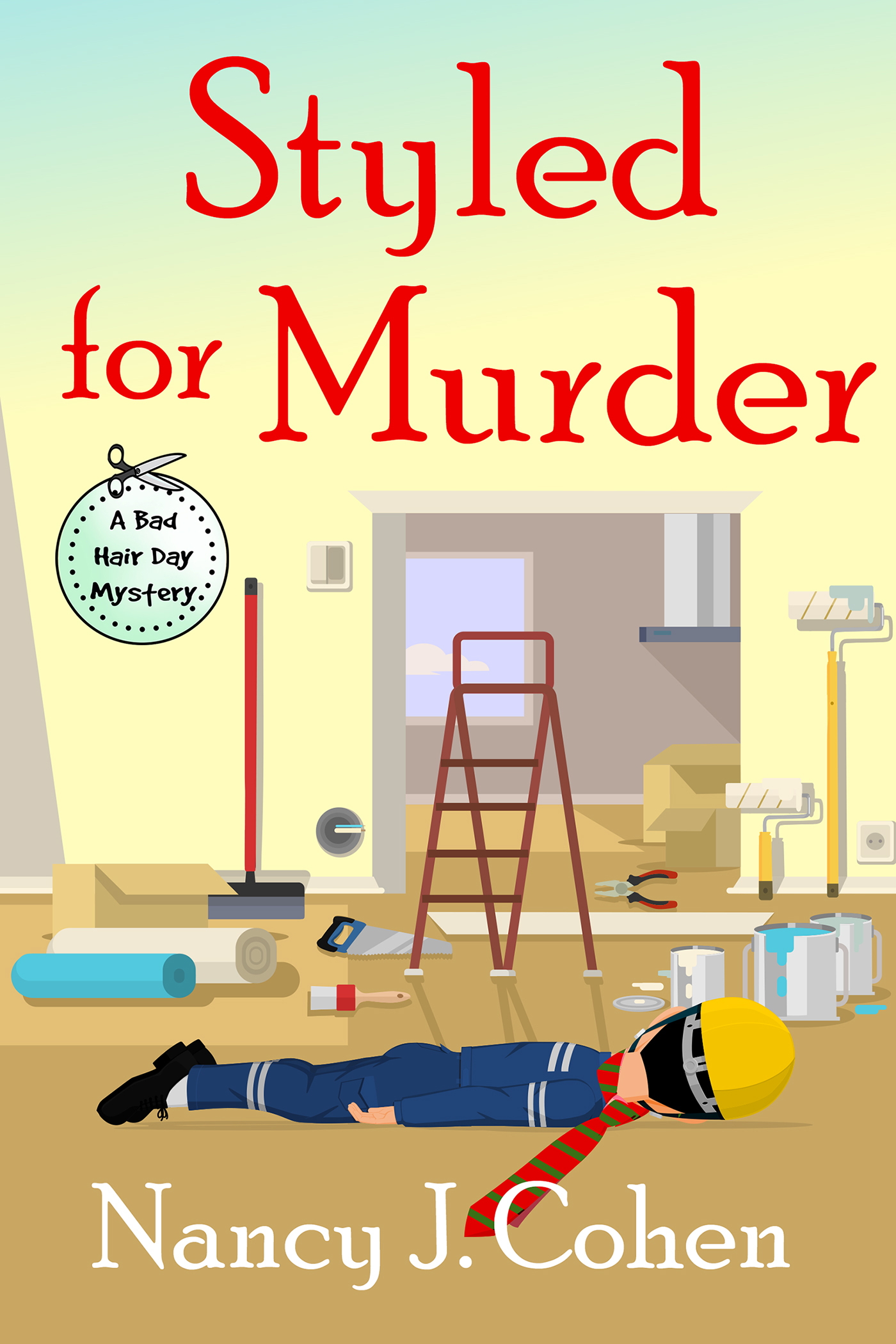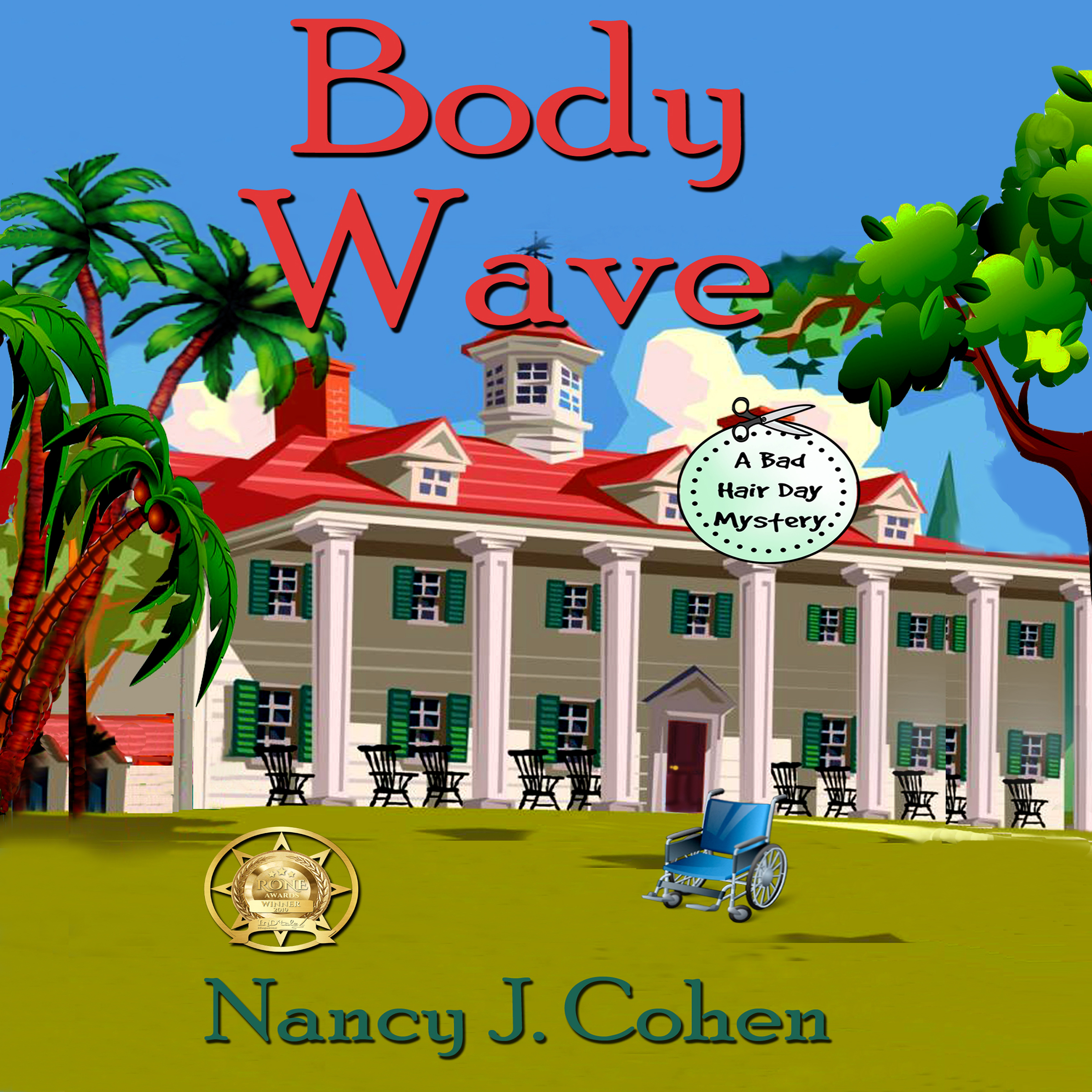Revisions for our novels should include a complete read-through for repetitions and inconsistencies. What do we mean by the latter? You’ll want to take a look at your characters to see if they are behaving in a manner consistent with their personality. As a writer, this should be an essential part of your self-editing process. Below are some examples.
What’s wrong with this passage?
Dalton went for his gun, but Marla slapped his hand away. “Don’t risk it. You don’t know what we’re up against yet. And they won’t know you’re armed.”
Marla would never slap Dalton’s hand away. He’s a police officer. He knows his business. He’s allowed her to come along on a night mission, which she shouldn’t jeopardize this way.
Often it’s my critique group that catches these kinds of mistakes. In this case, I read those sentences and frowned. Wait a minute. Marla would never do this. I went back and changed it.
Ditto for Marla acting dumb. My editor has caught me on this one more than a few times. “Marla is too smart not to figure this out when everyone else knows what’s going on.” She isn’t acting in character when she’s too dense. Same goes for Dalton. Should he let Marla accompany him to interview suspects without protesting or finding an important reason for her to come along?
This also goes for mannerisms of speech. Your rough-around-the-edges hero isn’t going to suddenly say, “Oh, good heavens.” His dialogue should be consistent with his personality.
Here are more examples from my current work-in-progress. Marla and Dalton are talking about the victim.
“That would have given someone plenty of time to whack her on the head and get away,” Dalton said.
“Do you truly believe another person did this to her?” Marla’s glance darted to the rows of strawberry plants, the water-lined canal, and the tall sugar cane. Was the culprit watching them from some hidden viewpoint? Should they be worried he might return?
My editor said, It’s obvious another person did this to her. Could the woman whack herself on the back of her head?
“This injury is indicative of a blow to the back of the head,” Dalton replied. “The medical examiner will determine the exact cause of death, though.”
Would he say this to Marla when the gash is evident? Not according to my editor, who wrote, “This is another dumb remark. Of course matted blood to the back of the head is “indicative” of a blow to the back of the head!!!”
I’m lucky my editor isn’t afraid to call the shots as she sees them. She’s always right. Here is my rewrite. See what you think:
“So that would have given someone plenty of time to whack her on the head and get away.”
“Are you certain the blow is what killed her?” Marla’s glance darted to the rows of strawberry plants, the water-lined canal, and the tall sugar cane. Was the culprit watching them from some hidden viewpoint? Should they be worried he might return?
“That’s not for me to say, but it would be my best guess. The medical examiner will determine the exact cause of death.”
We hope to catch these errors during the revision process. What we write during the heat of the story-making process doesn’t always pass muster when examined under the editorial microscope.
Inconsistent Characters in your Novel #amwriting #revisions Share on X























Good post. I do several reads, some are just for looking for character trait mistakes. Pleasure to read this.
Thanks so much. Sometimes it’s hard to see these mistakes on our own, which is why we need several sets of eyes on our work.
Yeah, I go through my manuscripts dozens of times. One for these character flaws. One sweep to be sure the timeline is correct. On and on.
A pleasure to talk about writing with you. Have a great day.
I’m going through my manuscript for my final changes before sending it to my editor, and have been looking at characterization along with the myriad other things that have to be dealt with. I remember when I was playing around with Highlander fan fiction, and a reader said, “Duncan would never say that!” My first thought was, “of course he would … look … I just wrote those words” but it did open my eyes to making sure characters don’t do things they wouldn’t do just because I need it for the plot.
Good points, Terry. And it reminds me that we also need to watch for dialogue that repeats information characters already know.
This is where my critique group is invaluable. They’re not afraid to point out those inconsistencies. Correcting these glitches make the story better.
This is true, although my critique group doesn’t read the book as a whole. Sometimes it’s easier to catch things that way, although the first snippet of dialogue above wouldn’t be characteristic of Marla. I don’t believe my group has read that far yet.